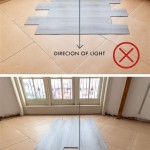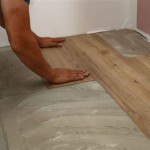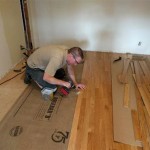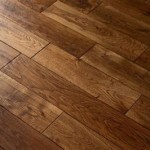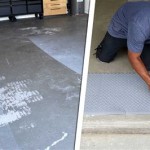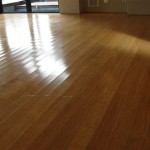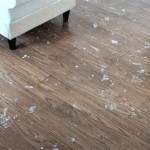Chipboard Flooring and Water: Essential Considerations
Chipboard flooring, a popular and versatile option for homes and businesses, offers several advantages, including durability, affordability, and ease of installation. However, one potential concern with chipboard flooring is its susceptibility to water damage. Understanding how chipboard flooring reacts to water is essential for proper maintenance and preserving its longevity.
Water Resistance and Absorption
Chipboard is made from wood particles bound together with resin and wax. While it offers some level of water resistance, it is not waterproof. When exposed to water, chipboard can absorb moisture, causing it to swell, warp, and deteriorate. The rate of absorption depends on factors such as the density of the chipboard, the type of resin used, and the duration of exposure.
Consequences of Water Damage
Water damage to chipboard flooring can have several consequences, including:
- Swelling and Buckling: Absorbed water causes the chipboard to expand, leading to swelling and buckling of the flooring.
- Warping: The uneven expansion of the chipboard can cause it to warp, creating uneven surfaces and gaps between planks.
- Delamination: Water can penetrate the resin bonds between the wood particles, causing the chipboard to delaminate or separate into layers.
- Mold and Mildew: Moisture can create a breeding ground for mold and mildew, leading to unpleasant odors and potential health issues.
Preventing Water Damage
To prevent water damage to chipboard flooring, several preventive measures are crucial:
- Avoid Direct Contact: Avoid placing water-filled containers or appliances directly on the chipboard flooring.
- Clean Spills Promptly: Wipe up any spills or water droplets immediately to prevent absorption.
- Maintain Ventilation: Adequate ventilation helps prevent moisture buildup in the air and reduces the risk of condensation.
- Use Protective Coatings: Seal the chipboard flooring with a water-resistant coating, such as polyurethane or epoxy, to enhance its water resistance.
Dealing with Water Damage
If chipboard flooring becomes wet, it is important to act promptly to minimize damage:
- Remove Excess Water: Use a mop or towels to remove as much excess water as possible.
- Dry the Area: Use a fan or dehumidifier to circulate air and dry the affected area thoroughly.
- Assess the Damage: Inspect the chipboard flooring for signs of swelling, warping, or delamination. Minor damage may only require drying, while significant damage may require flooring replacement.
Conclusion
While chipboard flooring offers several benefits, it is important to be aware of its susceptibility to water damage. By implementing preventive measures, such as avoiding direct contact with water, cleaning spills promptly, and maintaining ventilation, you can help preserve the longevity of your chipboard flooring. In the event of water exposure, acting quickly to dry the area and assess the damage is crucial to minimize potential consequences.

Water Damage Floating Chipboard Flooring Tilers Forums

Water Damage Floating Chipboard Flooring Tilers Forums

Water Damage Floating Chipboard Flooring Tilers Forums

Water Damage Floating Chipboard Flooring Tilers Forums

Discovered Particle Board Damage Here S What You Need To Know

Preparing A Chipboard Floor For Painting Property Home Survive France
Saturated Floor Under Carpet Condensation Or Something Else Fix Community Forum

How To Waterproof Yellow Tongue Flooring

Discovered Particle Board Damage Here S What You Need To Know

Particle Board Repair Hometalk
See Also

